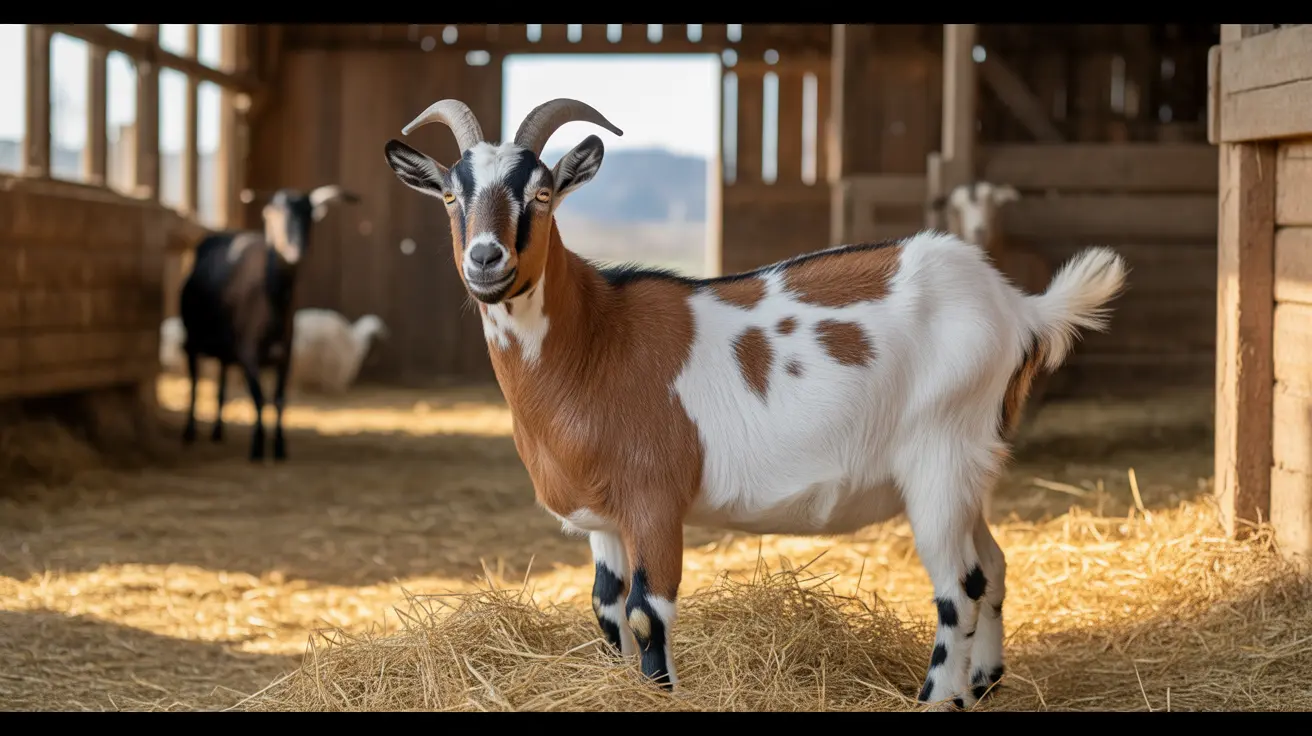Ensuring proper nutrition for your Shih Tzu can feel overwhelming, especially given their unique dietary needs and sensitivity to certain foods. As a small breed with specific nutritional requirements, Shih Tzus need a carefully balanced diet to maintain their health, energy levels, and that signature luxurious coat.
In this comprehensive guide, we'll explore everything your Shih Tzu can eat, from essential nutrients to safe foods and potential allergens to avoid. Whether you're a new Shih Tzu parent or looking to optimize your pet's diet, this article will help you make informed decisions about your dog's nutrition.
Essential Nutrients for Your Shih Tzu
Quality Proteins
High-quality animal proteins should form the foundation of your Shih Tzu's diet. The best protein sources include:
- Lean chicken and turkey
- Fish (particularly salmon and whitefish)
- Lamb
- Duck
- Eggs
These proteins provide essential amino acids necessary for muscle maintenance, immune function, and overall health. Aim for foods where real meat is listed as the first ingredient.
Healthy Fats
Beneficial fats are crucial for your Shih Tzu's skin and coat health. Include sources of:
- Omega-3 fatty acids (from fish oil or flaxseed)
- Omega-6 fatty acids
- Medium-chain triglycerides
Safe Foods for Shih Tzus
Vegetables
Many vegetables are safe and nutritious for Shih Tzus:
- Carrots (raw or cooked)
- Green beans
- Sweet potatoes
- Pumpkin
- Broccoli (in moderation)
Fruits
Select fruits can provide valuable nutrients and serve as healthy treats:
- Apples (without seeds)
- Blueberries
- Watermelon (no seeds)
- Bananas (in moderation)
Foods to Avoid
Some foods can be harmful or even toxic to your Shih Tzu:
- Chocolate and caffeine
- Grapes and raisins
- Onions and garlic
- Xylitol (artificial sweetener)
- Macadamia nuts
- Raw or undercooked meat
- Avocados
Special Dietary Considerations
Shih Tzus are prone to food allergies and sensitivities. Common signs include:
- Itchy skin
- Ear infections
- Gastrointestinal issues
- Excessive paw licking
- Red or inflamed skin
If you notice these symptoms, consider switching to a limited ingredient diet or consulting with your veterinarian about an elimination diet.
Feeding Schedule and Portions
Adult Shih Tzus typically do best with two meals per day. Portion sizes depend on factors like age, weight, and activity level, but generally:
- Puppies: 3-4 small meals daily
- Adults: 2 meals daily, roughly ¾ to 1 cup total per day
- Seniors: 2 smaller meals daily with adjusted portions
Frequently Asked Questions
What are the best types of protein that Shih Tzus can safely eat and digest?
Shih Tzus can safely digest lean proteins such as chicken, turkey, fish, and lamb. Novel proteins like duck or rabbit are excellent options for dogs with food sensitivities. Always introduce new proteins gradually to monitor for any adverse reactions.
How can I identify if my Shih Tzu has a food allergy or sensitivity?
Common signs include itching, skin redness, ear infections, excessive paw licking, vomiting, and diarrhea. If you notice these symptoms, document them and consult your veterinarian about conducting an elimination diet trial.
Which common foods should be avoided in a Shih Tzu's diet to prevent allergies or digestive issues?
Avoid common allergens like wheat, corn, soy, and artificial preservatives. Also steer clear of dairy products, processed foods, and fatty table scraps that can cause digestive upset or pancreatitis.
How do I implement an elimination diet to find out what my Shih Tzu can eat without allergic reactions?
Start with a single protein source and one carbohydrate source for 8-12 weeks. If symptoms improve, gradually reintroduce other ingredients one at a time, waiting 1-2 weeks between additions to identify any problem foods.
What supplements or nutrients are important for maintaining a Shih Tzu's skin, coat, and overall health?
Key supplements include omega-3 fatty acids for skin and coat health, probiotics for digestive health, and glucosamine/chondroitin for joint support. Always consult your veterinarian before starting any supplement regimen.






